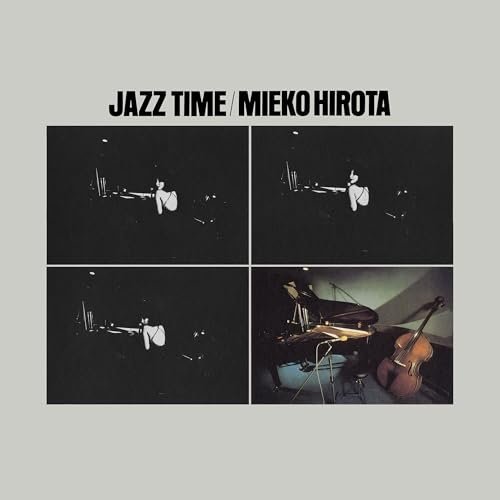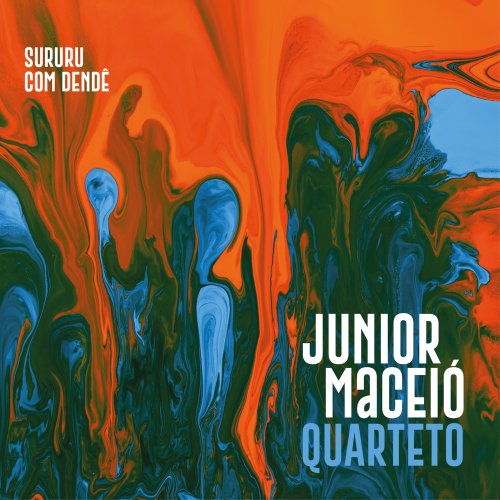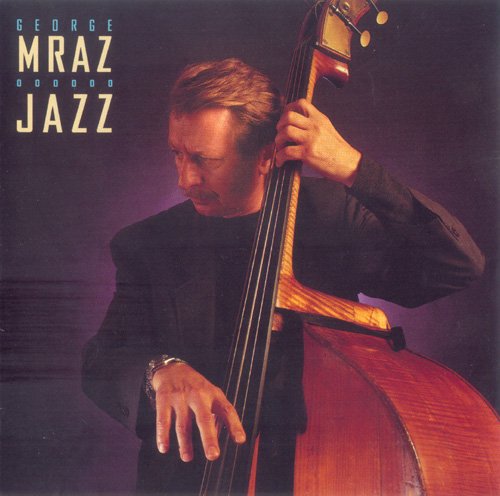Agnes Baltsa, Edita Gruberova, Francisco Araiza, Giuseppe Patane - Donizetti - Maria Stuarda (1989) CD-Rip
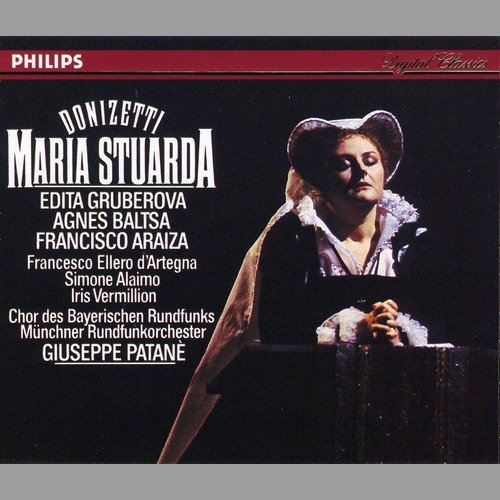
Artist: Agnes Baltsa, Edita Gruberova, Francisco Araiza, Giuseppe Patane
Title: Donizetti - Maria Stuarda
Year Of Release: 1989
Label: Philips
Genre: Classical
Quality: FLAC (image+.cue,log,scans)
Total Time: 02:15:30
Total Size: 618 Mb
WebSite: Album Preview
Tracklist: Title: Donizetti - Maria Stuarda
Year Of Release: 1989
Label: Philips
Genre: Classical
Quality: FLAC (image+.cue,log,scans)
Total Time: 02:15:30
Total Size: 618 Mb
WebSite: Album Preview
CD 1:
1. Prelude
2. "Qui si attenda"
3. "Sì, vuol di Francia il Rege" - "Ah, quando all'ara" - "In tal giorno di contento"
4. "Fra noi perchè non veggio Leicester?"
5. "Questa imago, questa foglio" - "Ah! rimiro il bel sembiante"
6. "Sei tu confuso?"
7. "Era d'amor l'immagine"
8. "Allenta il piè, Regina"
9. "O nube che lieve per l'aria"
10. "Ah! non m'inganna la gioia!"
11. "Da tutti abbandonata"
12. "Qual loco è questo?"
13. "E sempre la stessa"
14. "Deh! l'accogli" - "Morta al mondo, e morta al trono"
15. "Va, preparati, furente"
CD 2:
1. "E pensi? e tardi?"
2. "Quella vita a me funesta"
3. "Regina! - A lei s'affretta il supplizio" - "Deh! per pietà sospendi"
4. "D'una sorella, o barbara"
5. "La perfida insultarmi anche volea"
6. "Oh mio buon Talbot!" - "Delle miei colpe lo squallido
7. "Quando di luce rosea"
8. "Un'altra colpa a piangere"
9. "Vedeste? - Vedemmo. Oh truce apparato!
10. "Anna! - Qui più sommessi favellate" - "Deh! vi rivedo alfin"
11. "Deh! Tu di un umile preghiera"
12. "Oh colpo!..."
13. "D'un cor che muore reca il perdono"
14. "Giunge il Conte"
15. "Ah! se un giorno"
Performers:
Elisabetta - Agnes Baltsa
Maria Stuarda - Edita Gruberova
Anna Kennedy - Iris Vermillion
Roberto - Francisco Araiza
Giorgio Talbot - Francesco Ellero d'Artegna
Lord Guglielmo Cecil - Simone Alaimo
Münchner Rundfunkorchester
Giuseppe Patane, conductor
How this opera grows in the affections. And how it strengthens the larger, ever-deepening appreciation not merely of Donizetti's work but of operatic conventions as such. I mean that the frequently derided forms of opera (the set pieces, aria-and-cabaletta and so forth) can increasingly be a source of pleasure and of perceived power in the writing. Here, for instance, part of the exhilaration arises out of the composer's skill in suiting the conventions to his dramatic and musical purposes. Elizabeth's first aria, meditatively hopeful yet anxious, fits the lyric-cantabile form; then the arrival of Talbot and Cecil with their opposing influences provokes the intensified turbulence of irresolution that makes dramatic sense out of the cabaletta. It is so with the duets and ensembles: they look like conventional set-pieces, but established form and specific material have been so well fitted that, with the musical inspiration working strongly (as it is here), you have opera not in its naive stage awaiting development towards freedom from form but, on the contrary, opera at the confident height of a period in its history when it was entirely true to itself.
This is opera as opera (not 'opera as drama' or any other such silly concept), and in opera much of the drama comes through the singing. Baltsa's is a glorious voice beautifully produced; she has feeling for the music, which is enabled to communicate through delighted ears to what we call the heart. At Covent Garden the performance of Baltsa and Gruberova together in Bellini's I Capuleti e i Montecchi produced the truest, most moving evening of bel canto opera that I have known in many years. When they sing together it is an occasion, and though Gruberova's voice does not always sound completely steady in recording it is still an instrument of exceptional purity. The accomplishment at work in its usage is matched here by an imaginative and, I would say, intellectual grasp of the part—shown (to take a simple example) in the indrawing of breath as she forms the inspired notion of a prayer for her enemy. Hers is a most lovely performance throughout. Araiza also sings well especially in Act 3 (earlier there are some small points, but telling ones, where score-markings go unobserved). Alaimo as Cecil makes little impression till his duet (''duettino'') with Elizabeth, Francesco Ellero d'Artegna makes a firm-voiced dull old stick out of Talbot (which is perhaps what he is). The Munich Chorus is excellent, both musically and dramatically. Orchestral playing is fine too, and Patane's direction both spirited and flexible: rather more than the other recordings that have appeared since his death, this one serves as a worthy memorial. -- Gramophone [4/1990]
This is opera as opera (not 'opera as drama' or any other such silly concept), and in opera much of the drama comes through the singing. Baltsa's is a glorious voice beautifully produced; she has feeling for the music, which is enabled to communicate through delighted ears to what we call the heart. At Covent Garden the performance of Baltsa and Gruberova together in Bellini's I Capuleti e i Montecchi produced the truest, most moving evening of bel canto opera that I have known in many years. When they sing together it is an occasion, and though Gruberova's voice does not always sound completely steady in recording it is still an instrument of exceptional purity. The accomplishment at work in its usage is matched here by an imaginative and, I would say, intellectual grasp of the part—shown (to take a simple example) in the indrawing of breath as she forms the inspired notion of a prayer for her enemy. Hers is a most lovely performance throughout. Araiza also sings well especially in Act 3 (earlier there are some small points, but telling ones, where score-markings go unobserved). Alaimo as Cecil makes little impression till his duet (''duettino'') with Elizabeth, Francesco Ellero d'Artegna makes a firm-voiced dull old stick out of Talbot (which is perhaps what he is). The Munich Chorus is excellent, both musically and dramatically. Orchestral playing is fine too, and Patane's direction both spirited and flexible: rather more than the other recordings that have appeared since his death, this one serves as a worthy memorial. -- Gramophone [4/1990]
![Robert Jukic - Res Publica (2023) [Hi-Res] Robert Jukic - Res Publica (2023) [Hi-Res]](https://img.israbox.com/img/2026-02/09/mklto26c4c319bic6rmpb8kyz.jpg)
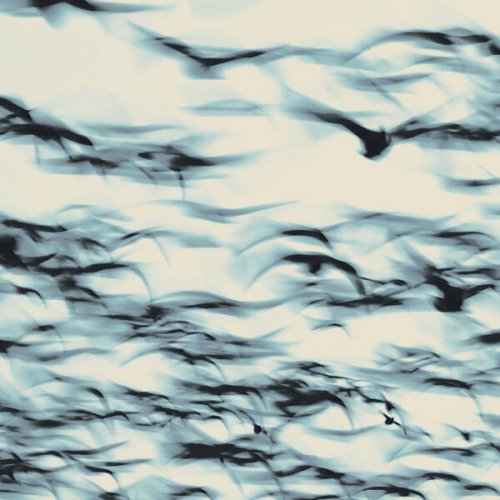

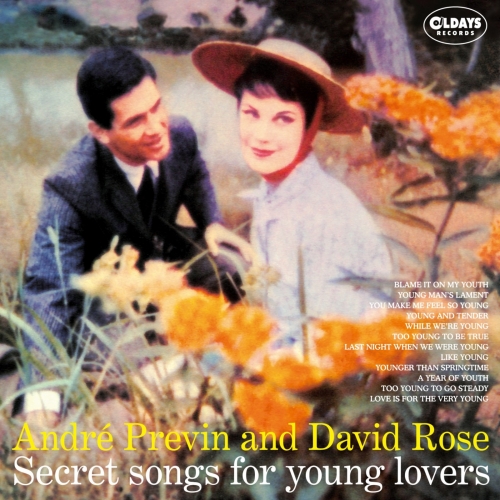
![Angelo Moore - The Medicine Cabinet (2026) [Hi-Res] Angelo Moore - The Medicine Cabinet (2026) [Hi-Res]](https://www.dibpic.com/uploads/posts/2026-02/1770633721_61lemna6xtl.jpg)
